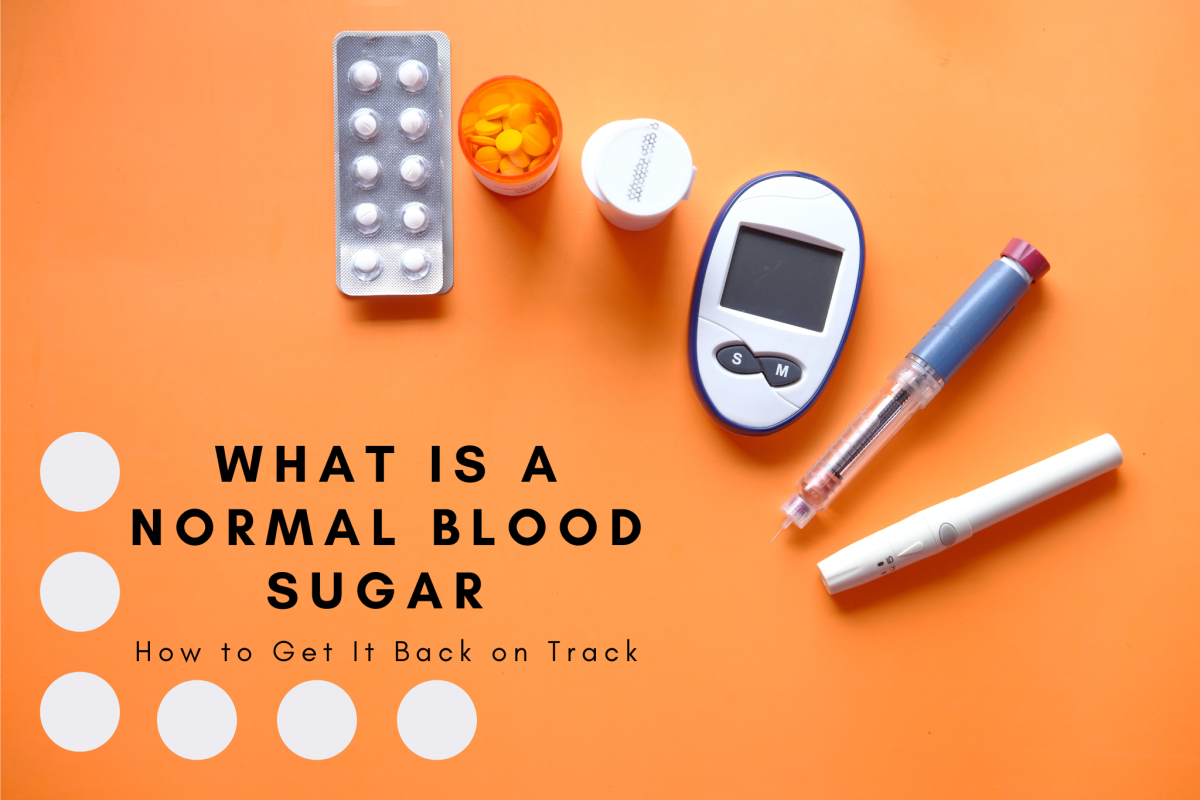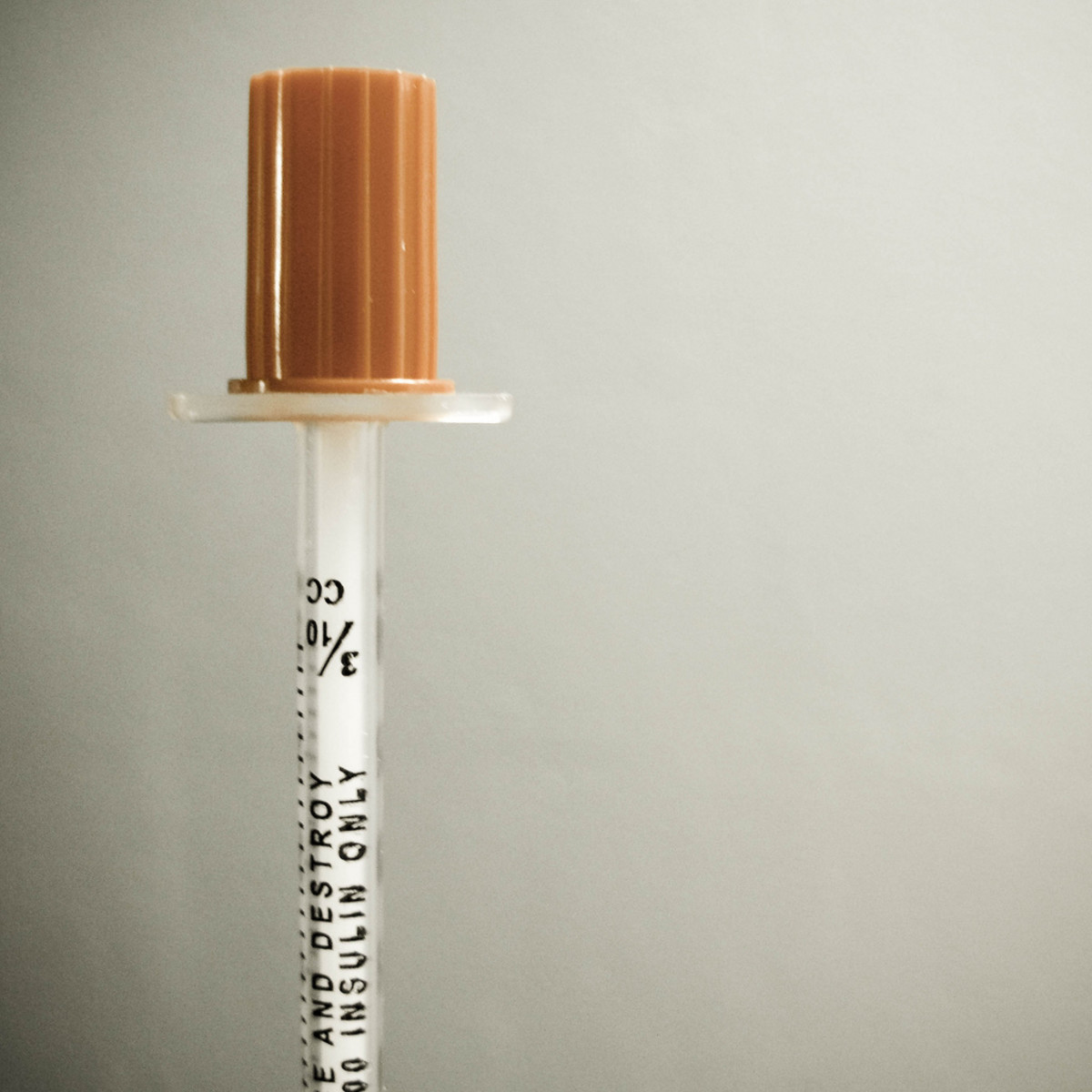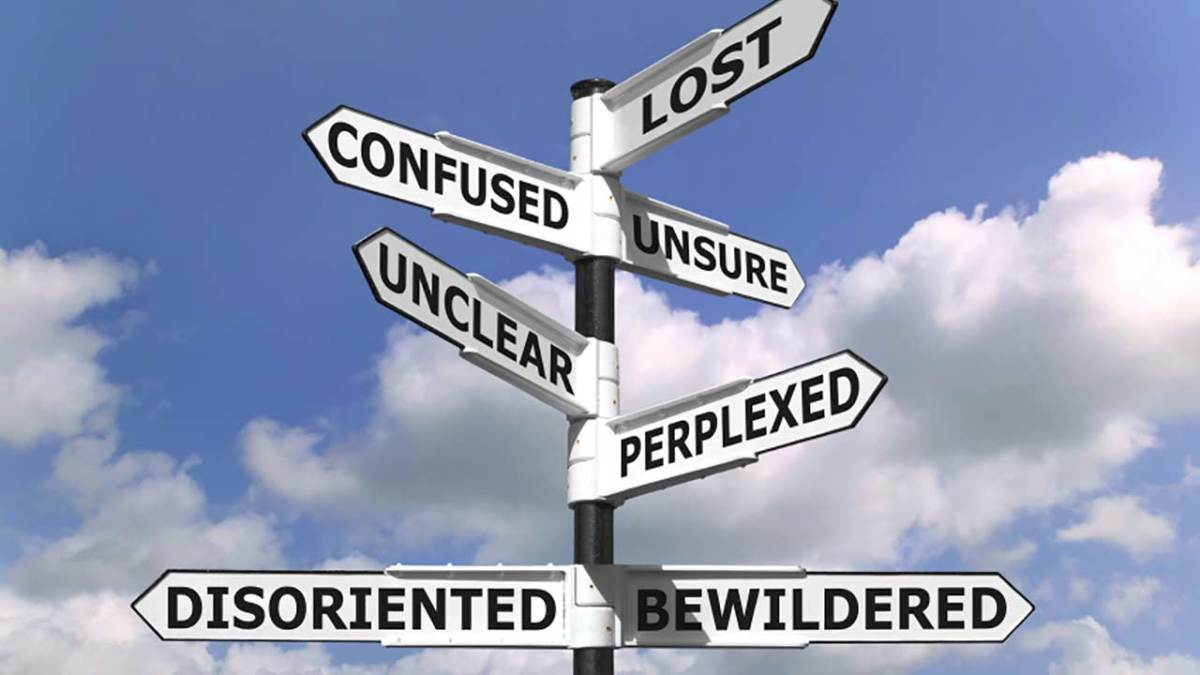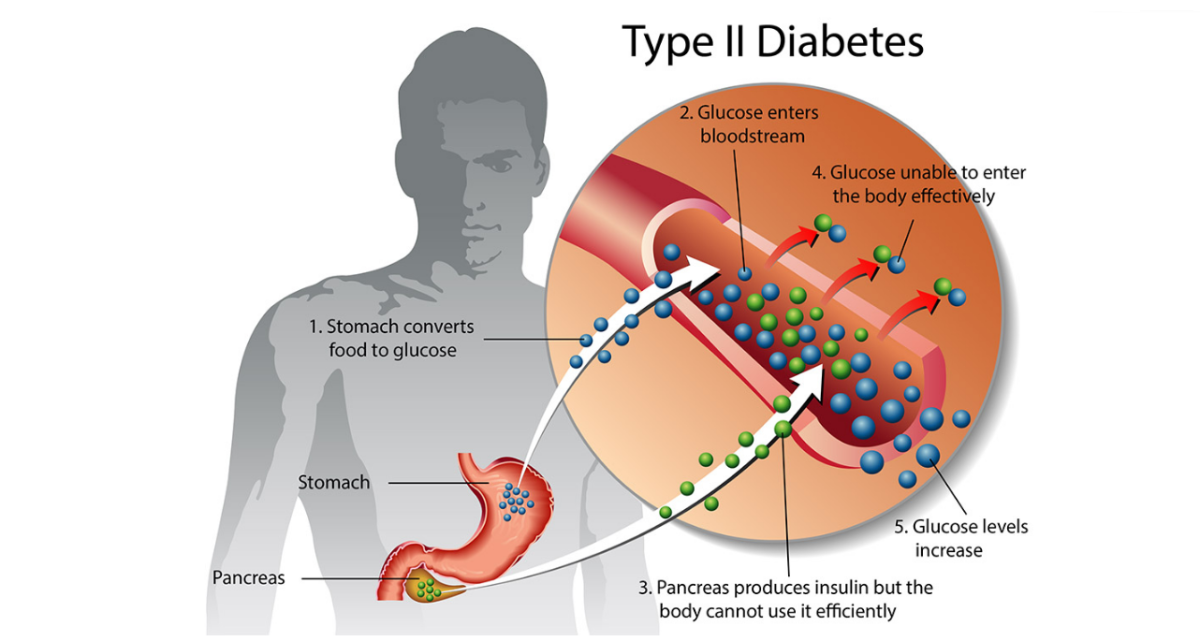Things That Every New Diabetic Needs To Know
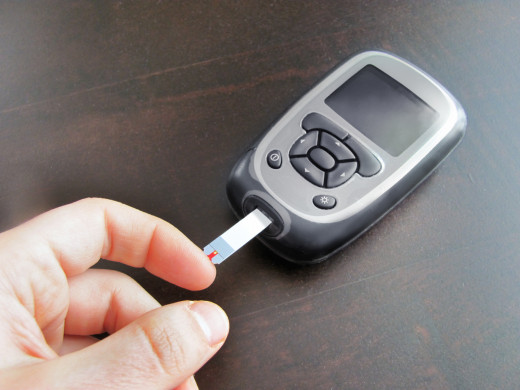
Depression And Diabetes
People who have not been diagnosed with diabetes will not understand this. I watched my Mom have diabetes for years. I thought I understood it. Then I got it myself and realized I understood nothing before.
Having any kind of chronic disease is difficult emotionally for most people. Don't be surprised if you feel depression or go into denial about being sick. You also might feel angry at the world and your condition. You might cry daily.
All these reactions are normal. Diabetes effects every aspect of your life. It changes you completely.
It's about more than just eating differently and exercising more, which are life changes all on their own. It's about losing friends sometimes who don't understand you and your disease. It's about not going to events because you know that there will be desserts there and you might not be able to resist temptation. It's about making your whole family change because you can't have desserts or chips laying around the house and still stay on your diet.
It's also about stabbing yourself multiple times a day. Sometimes with needles for insulin, other times just to check your blood sugar. It's about taking medication that sometimes has terrifying side effects and knowing that if you stop, you could die. It's about going to the doctor regularly and getting lectured, even though you hate it. It's about getting scary or painful tests.
It's about medical complications. Sometimes you can't drive your car because your blood sugar is too low and you'll get in a car crash. You might start going blind eventually and have to learn to live without your sight. You could lose a limb. You could be on dialysis. Most people on dialysis are diabetics.
Sometimes it means that you tried your best that day to do everything right and your blood sugar was still too high.
So if you cry sometimes or feel depressed, it's perfectly normal. People think,"Wow, it would suck to have diabetes. I wouldn't be able to eat cake anymore." But diabetes is a lot more complicated and difficult than that. It's okay to feel sad about it.
What is a1c?
You have two different numbers you have to keep track of when you are diabetic. Your a1c and your blood glucose level.
At home, you keep track of your blood glucose level. This number can change from moment to moment, depending on what you eat, if you've exercised that day, what your hormone levels are, and all kinds of other factors. These numbers are supposed to be within the 70-160 range at all times. ideally.
A1C is more stable. It is checked by your doctor. It gives them the average, if they could take all your blood sugar numbers from the last 1-3 months and give the average of them. The numbers are totally different from the blood glucose numbers. Diabetics who control their diabetes should have a number of 6.5 or less, ideally.
Blood Sugar Machine I Recommend
Check Your Blood Sugar Multiple Times A Day
Blood sugar isn't like weight. You are mostly the same weight all day longer every day. Maybe there is a few pounds difference, but blood sugar is different.
With blood sugar, especially when you are taking medication, your numbers can vary dramatically. They can be as high as 400 one moment while still diving down to 60 at another time of day. Just because your blood sugar is 100 when you wake up, which is an okay number, it doesn't mean it won't be high later, depending on what you eat.
This is why you need to find out your blood sugar range. You need to check the numbers in the morning when you wake up and also before a meal. This is when your number will be the lowest of the day and probably when you will feel best about yourself.
But you also need to check your numbers when your blood sugar is at its highest of the day. Like, two hours after you had a big meal or ate something you weren't supposed to eat. This number will probably make you feel bad about yourself unless your diabetes is under tight control. But these numbers are important to know.
That way, when you find out your a1c, you won't be surprised that your diabetes isn't under control when you thought it was.
It's good to have your number in the normal range. But it's also good to have numbers that aren't wildly up and down. When your blood sugar spikes high, it also often dips really low, especially if you are taking medication to control those spikes. This makes it more likely for you to have hypoglycemic episodes, which can be life threatening if your blood sugar falls low enough.
Your goal is to be as stable as possible. Don't be hard on yourself if your blood sugar isn't perfect all the time. Almost no diabetic's blood sugar is. Just do the best you can.
Make Sure To Purchase A Lancet Device To Draw Your Blood For Your Machine
The Slow Process Of Lowering Your Blood Sugar
It can be frustrating to lower your blood sugar sometimes. You're eating good. You're taking your medication and your numbers still aren't as low as you want them to be.
This isn't necessarily a bad thing. Lowering your blood sugar, especially the higher it was when you started out, can be a process that takes time. It doesn't happen over night because you have all this build up of blood sugar that you are still getting rid of. If it happens too quickly, you can shock your body and make yourself sick. It was used to the high blood sugar, even if it was unhealthy and it handles things better if it adjusts slowly.
Hypoglycemia and False Hypos
No one can control their blood sugar perfectly. Because of this, there will be times when your blood sugar is much higher than you want it to be or much lower.
When your blood sugar is too low, you will feel symptoms, such as:
- Irrational anger or anxiety
- Clumsiness
- Your brain feels like it's in a fog
- Shakiness
- Light-headed
- Confusion
- Your Heart Beating Fast
- Sweating or Chills
- Intense Hunger
- Weakness or Exhaustion
It's important that you learn how you feel when you are having an episode because it will be unique to you. Keep your blood sugar machine around so you can check it when you feel like this and see if your blood sugar is low.
If it's low, don't overdo it. This will be really difficult at times because you feel so sick. Just have a small glass of juice or half a candy bar or something else with carbohydrates in it and check again in 15-20 minutes to see if your blood sugar has stabilized. Repeat as necessary.
But sometimes, when you feel these symptoms, you will check your blood sugar and your numbers will be really high. What you are having when this happens is a "false hypo."
False hypos happen when your body is used to having your blood sugar so high for so long that it gets confused about when your blood sugar is actually dangerously low. If your blood sugar has been stuck at 400 all the time for years, for instance, that's what your body thinks is normal. So if it suddenly drops down to 200, even though that's still very high blood sugar, your body could have a false hypo, where you feel sick at that number, until your body readjusts and gets used to your blood sugar being that low again.
These false hypos can feel awful and make it difficult to keep your blood sugar low. Give it time. Be patient with yourself and your body as you lower your blood sugar. Do the best you can and your body will eventually get used to it.
You'll Need Test Strips To Go With Your Machine
Do you have diabetes?
This content is accurate and true to the best of the author’s knowledge and does not substitute for diagnosis, prognosis, treatment, prescription, and/or dietary advice from a licensed health professional. Drugs, supplements, and natural remedies may have dangerous side effects. If pregnant or nursing, consult with a qualified provider on an individual basis. Seek immediate help if you are experiencing a medical emergency.
© 2016 EB Black





